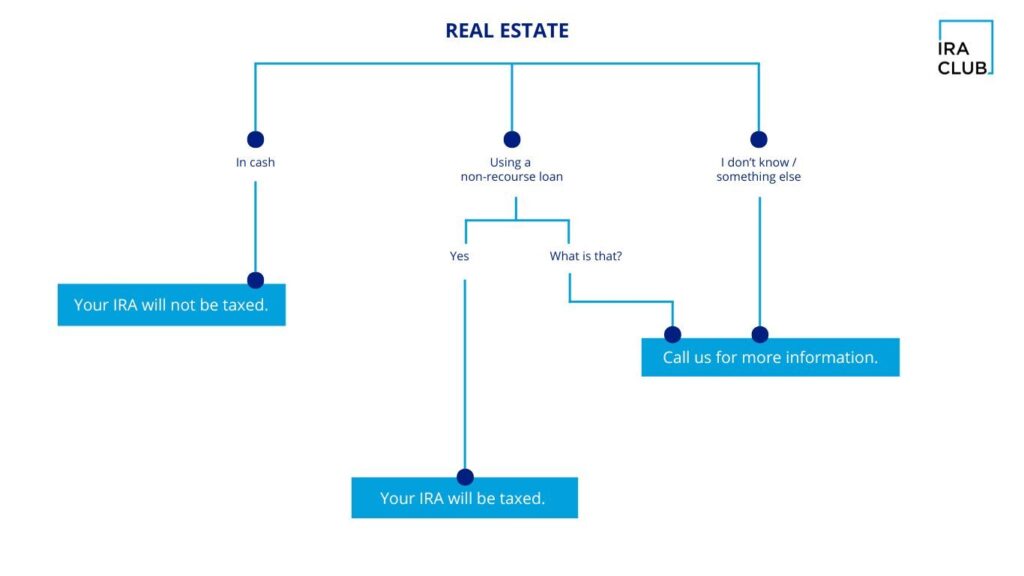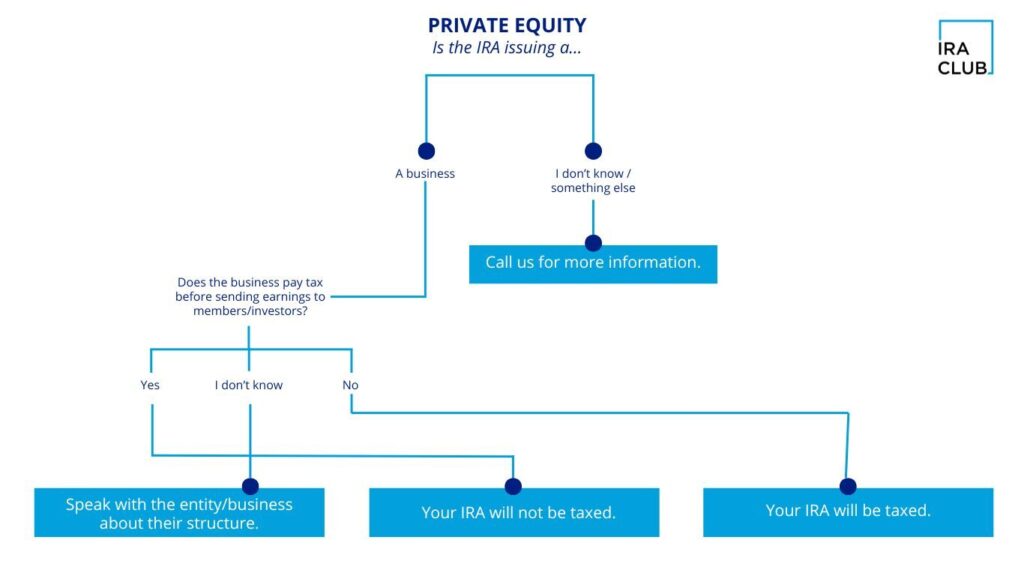Real Estate Syndications are gaining popularity among investors looking for passive income, portfolio diversification, and access to larger-scale real estate projects.
There are countless types of Syndications under the heading of Real Estate Syndication:
· Single-Family Home Syndications
· Multi-Family Property Syndications
· Affordable Housing Syndications
· Storage Unit Syndications
· Recreational Land or Park Syndications
· RV Park Syndications
· Solar Energy Park Syndications
· Commercial Building Syndications
· Boat Dock Syndications
And many more.
What Is a Real Estate Syndication?
A Syndication is a business headed by a professional in that field. Hopefully, the professional will do a good job of managing the project so that they can earn a profit for the investors and have a good profit for themselves.
Step One: What Type of Real Estate Interests You?
Before diving into Syndications, think about the type of real estate that aligns with your goals. Do you want stable income from apartment buildings? Long-term appreciation from commercial real estate?
Step Two: How Much Do You Want to Be Involved?
Do I want to be part of a Syndication? Or do I want to give up some earnings to have the day-to-day management decisions made by a professional manager?
Besides professional management there are other advantages to a Syndication:
1. Syndications usually gather enough money to become involved in projects you could not do on your own.
2. If you are investing with IRA funds, a Syndication, it clearly makes you a passive investor, thus, IRA eligible.
3. The Syndication must be obliged to pay the contractors, utilities, repairs, staffing, etc.
Step Three: Due Diligence
Before committing to a Syndication, do your due diligence. Here are the key questions to ask:
· Can I see examples of the sponsor’s previous projects?
· How often will I receive financial updates or reports?
· Who handles investor communication and support?
· Who is managing the books? What CPA or bookkeeper is involved?
· What are the fees involved?
· How much leverage (debt) is being used?
· Are there any pending claims or past complaints involving the sponsor?
Read the Fine Print
Every Real Estate Syndication includes an offering memorandum, a detailed document that outlines the investment, risks, timelines, and terms. Don’t skip this. It often answers questions you didn’t even think to ask.
Liquidity: Can You Get Out?
One crucial consideration is liquidity. Unlike public stocks or REITs, it’s often very difficult to sell your share of a Syndication before the project completes. Be sure you’re financially and emotionally prepared to commit your funds for several years.
In Summary
Real Estate Syndications can be an excellent way to gain exposure to real estate without the hassle of direct management. But like any investment, it’s essential to do your homework, ask the right questions, and make sure it fits your financial goals and risk tolerance.
At IRA Club, we’re here to help you make the best decision for yourself. Schedule a free personalized call with our new account specialist or email [email protected] to discuss your goals and how either account can help you reach them.







